Leverage Your Unique Design for Leadership
We return to the series, Your Greatest Leadership Challenge: A Look in the Mirror at Self-Leadership. Visit my blog to read previous articles in the series.
Knowing your strengths and struggles is essential to leading yourself and others well. Self-awareness about your unique design leads to greater effectiveness and, at the same time, lessens the risk of derailing yourself as a leader.
The strengths movement has gained momentum since the release of Now, Discover Your Strengths, by Marcus Buckingham and Donald Clifton, in 2001. At last count, nearly 16 million people have taken the StrengthsFinder assessment, administered by the Gallup organization.
Here’s how Gallup defines a strength:
A strength is the ability to consistently provide near-perfect performance in a specific activity. The key to building a strength is to identify your dominant talents, then complement them by acquiring knowledge and skills pertinent to the activity.
Lead from your strengths
The premise behind leading from your strengths is simple. Tapping into the behaviors that come most naturally requires less thought and energy, allowing us to employ those talents more frequently and consistently.
For instance, my strength of focus enables me to set clear goals and priorities, whether at an individual or organizational level. It also enables me to block out distractions and concentrate intensely on what’s most important in terms of those goals and priorities. Doing so allows me to gain momentum on key results areas, which ties into another one of my strengths, achiever.
Knowing my strengths provides an awareness that my own work and that of the teams I lead will be very results-oriented. That’s great for meeting deadlines, staying within budget, and getting things done. It informs my desire to take on initiatives with clear goals, objectives, and targets. Productivity and profitability are among the top business outcomes that come from that strength-based approach to leadership.
Is it possible to employ too much strength?
An overemphasis on strengths can have unintended consequences. As Jerry Mabe, founder and CEO of RightPath Resources, states, “Strengths overdone are more often the greatest hindrance to a person’s success.”
Unfortunately, we don’t always recognize when we cross the line into overplaying our strengths. This leads to what researchers Robert Kaiser and Darren Overfield call “lopsided leadership” (more on that in the next article in this series).
When my strengths are overdone, there’s too much focus on results, which can be very tiring for myself and those I lead. It’s easy to overlook the human element, relationships, and work-life tensions. Being too focused can also lead to tunnel vision, or a reluctance to explore new alternatives or opportunities.
In the assessment tool Mabe developed, this dynamic is referred to as a struggle, as opposed to a weakness, or non-talent. For each strength identified by the RightPath instrument, potential struggles are presented.
Seeing these factors scored on a continuum highlights the strengths a person is most apt to overplay into a struggle. RightPath characterizes the most extreme scores on the continuum as intensities, which my coaching clients find helpful to better understand their leadership style and potential pitfalls.
How well do you know your strengths and struggles?
There are numerous assessment tools to help you understand your natural wiring, personality, and behavioral tendencies. Most involve an online questionnaire that almost immediately generates a report of your results. That’s true of both the StrengthsFinder and RightPath profiles.
Other popular tools include the Myers-Briggs Type Indicator (MBTI), DISC profile, and Enneagram. Many of these resources have been replicated with free online versions, although let the buyer (or free user) beware, as they don’t typically have the same research validity as paid resources.
To get the best value from these tools, debrief your reports with a mentor, colleague, coach, or trained facilitator. There are often valuable insights hidden below the surface that you won’t find on your own. Make the time and investment to understand your individual uniqueness and leverage it for better leadership!
Want to take a deep dive into understanding your unique design and its impact on your leadership style? Let’s explore these factors together. Feel free to contact me via email or schedule a telephone conversation at my online calendar.









